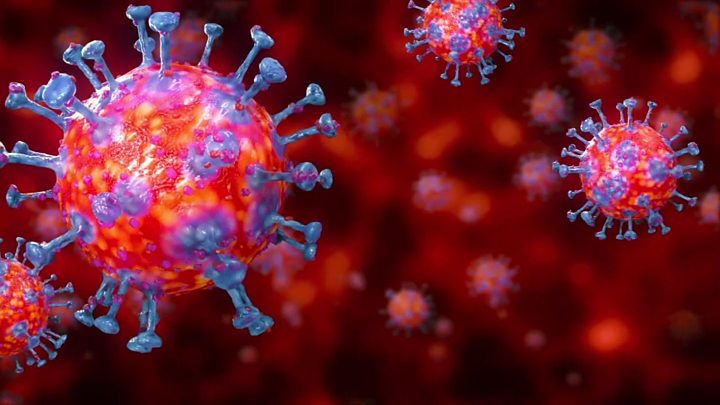
At the end of 2020, Congress passed, and President Trump signed, a new law that provides for additional relief related to the coronavirus (COVID-19) pandemic. This law, the Consolidated Appropriations Act, 2021 (CAA, 2021), includes a second draw of Paycheck Protection Program (PPP) loans (PPP Second Draw Loans). It also allows businesses to deduct ordinary and necessary expenses paid from the proceeds of PPP loans.
Background. In March 2020, the Coronavirus Aid, Relief and Economic Security (CARES) Act was enacted. The CARES Act authorizes the Small Business Administration (SBA) to make loans to qualified businesses under certain circumstances. The provision established the PPP, which provided up to 24 weeks of cash-flow assistance through 100% federally guaranteed loans to eligible recipients to maintain payroll during the COVID-19 pandemic and to cover certain other expenses. The Paycheck Protection Program Flexibility (PPPF) Act made substantial changes to the PPP, including decreasing the percentage that loan proceeds must be used on payroll costs from 75% to 60%, thereby increasing the percentage that may be used for nonpayroll costs such as rent, mortgage interest and utilities from 25% to 40%. Additionally, the PPPF Act permits borrowers to defer payments of principal, interest, and fees to 10 months after the last day of the covered period (the earlier of 24 weeks or December 31, 2020). The application period closed on August 8, 2020. The SBA began approving PPP forgiveness applications and remitting forgiveness payments to PPP lenders on October 2, 2020.
Paycheck Protection Program Second Draw Loans. The CAA, 2021 permits certain smaller businesses who received a PPP loan and experienced a 25% reduction in gross receipts to take a PPP Second Draw Loan of up to $2 million.
Eligible entities. Prior PPP borrowers must meet the following conditions to be eligible for the PPP Second Draw Loans:
- Employ no more than 300 employees per physical location;
- Have used or will use the full amount of their first PPP loan; and
- Demonstrate at least a 25% reduction in gross receipts in the first, second, or third quarter of 2020 relative to the same 2019 quarter. Applications submitted on or after Jan. 1, 2021 are eligible to utilize the gross receipts from the fourth quarter of 2020.
Eligible entities include for-profit businesses, certain non-profit organizations, housing cooperatives, veterans’ organizations, tribal businesses, self-employed individuals, sole proprietors, independent contractors, and small agricultural co-operatives.
Loan terms. Borrowers may receive a PPP Second Draw Loan of up to 2.5 times the average monthly payroll costs in the one year prior to the loan or the calendar year. However, borrowers in the hospitality or food services industries (NAICS code 72) may receive PPP Second Draw Loans of up to 3.5 times average monthly payroll costs. Only a single PPP Second Draw Loan is permitted to an eligible entity.
Gross receipts and simplified certification of revenue test. PPP Second Draw Loans of no more than $150,000 may submit a certification, on or before the date the loan forgiveness application is submitted, attesting that the eligible entity meets the applicable revenue loss requirement. Non-profits and veterans’ organizations may use gross receipts to calculate their revenue loss standard.
Loan forgiveness. Like the first PPP loan, the PPP Second Draw Loan may be forgiven for payroll costs of up to 60% (with some exceptions) and nonpayroll costs such as such as rent, mortgage interest and utilities of 40%. Forgiveness of the loans is not included in income as cancellation of indebtedness income.
Application of exemption based on employee availability. The CAA, 2021 extends current safe harbors on restoring full-time employees and salaries and wages. Specifically, it applies the rule of reducing loan forgiveness for the borrower reducing the number of employees retained and reducing employees’ salaries in excess of 25%.
Deductibility of expenses paid by PPP loans. The CARES Act was silent on whether expenses paid with the proceeds of PPP loans could be deducted. IRS took the position that these expenses were nondeductible. The CAA, 2021 provides that expenses paid both from the proceeds of loans under the original PPP and PPP Second Draw Loans are deductible.
Please contact our office [email protected] with any further questions you might have on PPP loan forgiveness.